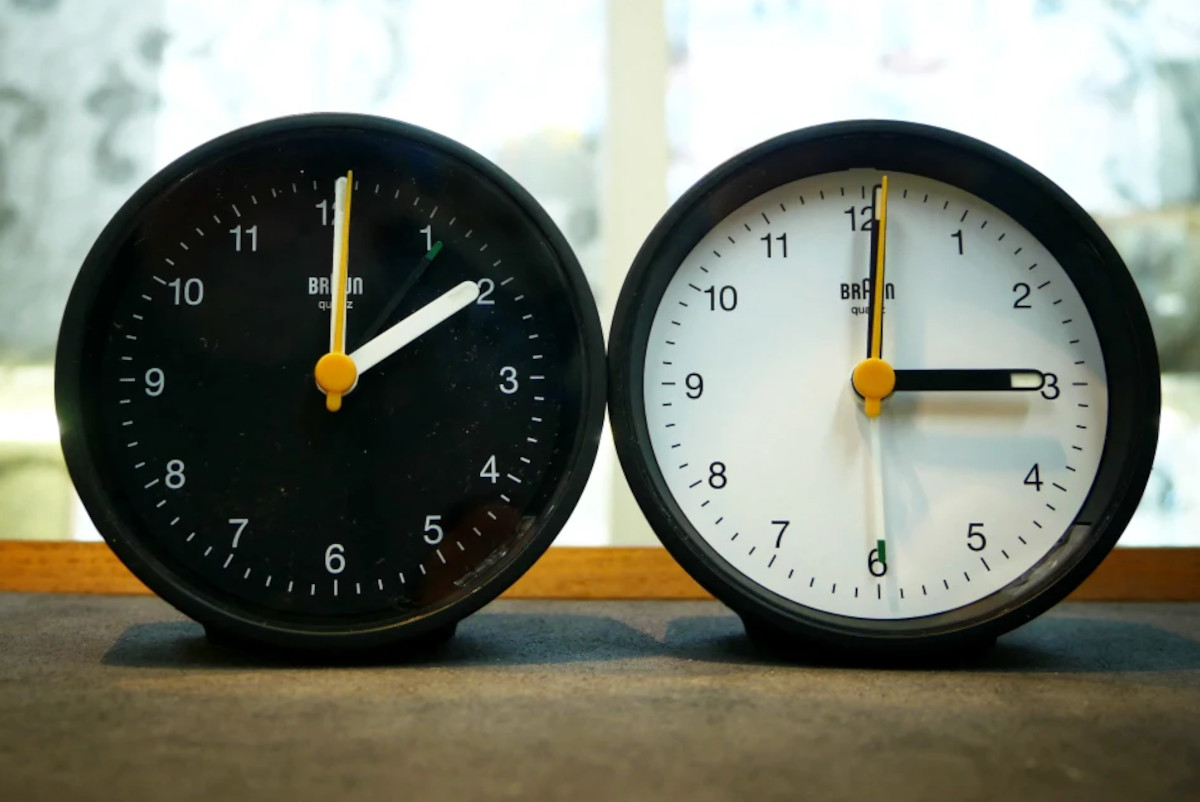
Expat education: Why do the clocks change across the world?
The twice-yearly clock change affects billions of people globally, but the reasons behind it might surprise you. Here’s what you think you know versus what’s actually true.

If you’ve ever woken up on a Sunday morning and spent the next hour wandering around the house resetting clocks, cursing at the oven display because you can’t remember which button combination changes the time, you’re not alone.
For expats especially, the clock change can feel like an arbitrary ritual. But why do we do it at all?
The theory everyone believes
Ask most people why the clocks change and they’ll confidently tell you it’s about saving energy.
The story goes that by shifting daylight hours to when people are awake, we reduce electricity consumption. Fewer lights on in the evening, less power needed, planet saved.
This theory has its roots in wartime practicality. During World War I, Germany became the first country to implement daylight saving time in 1916, with the UK quickly following suit.
The logic was clear: conserve fuel for the war effort by making better use of natural daylight.
The reality is more complicated
Here’s where it gets interesting.
Modern studies have repeatedly shown that energy savings from daylight saving time are minimal at best.
A 2008 study by the US Department of Energy found that extending daylight saving time saved only 0.5% in electricity per day.
Some research even suggests it increases energy consumption because people use more air conditioning on those longer, warmer evenings.
The real reasons we keep changing the clocks
The answer is far less exciting: inertia, tradition, and competing interests.
Retail businesses and leisure industries support daylight saving time because people spend more money when there’s light in the evenings.
Golf courses, garden centres, and barbecue manufacturers love those extra hours of evening sunshine.
Meanwhile, farmers, often credited with inventing daylight saving time, actually opposed it historically. Cows don’t care what the clock says.
The global patchwork
Not every country bothers with this ritual.
Most countries near the equator don’t change their clocks because daylight hours remain constant year-round.
Russia abandoned the practice in 2014. China uses a single time zone with no daylight saving adjustments.
For those of us living between time zones, juggling family calls and business meetings, the clock change is more than a minor inconvenience.
It’s a twice-yearly reminder that time itself is more negotiable than we’d like to admit.
Until political will catches up, we’ll keep springing forward and falling back, not because it makes sense, but because we’ve been doing it for over a century.
And for those of us from South Africa, where the clocks never change, here’s a thought: would those summer evenings feel even longer if we did make the switch?
Anyone keen on the idea?
